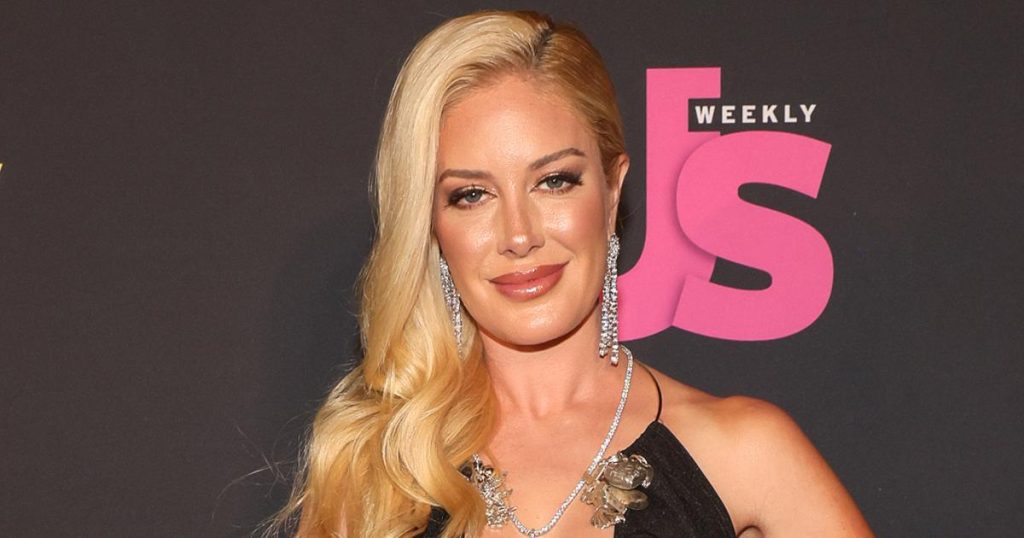Heidi Montag and Spencer Pratt, reality TV personalities known for their time on MTV’s “The Hills,” recently faced a devastating loss when their Pacific Palisades home fell victim to a wildfire. In the aftermath of this tragedy, the couple has openly sought financial assistance from their fan base, employing various strategies across social media platforms to generate income and rebuild their lives. This public plea for support has generated a mix of sympathy and criticism, with some praising their resilience and resourcefulness, while others question the appropriateness of their methods.
Amidst the devastation and the ensuing financial challenges, Montag received an unexpected surge of support from her fans. Her 2010 album, “Superficial,” experienced a remarkable resurgence, climbing to the top of the iTunes album chart. This unexpected success, coinciding with the album’s 15th anniversary, provided a much-needed boost to the couple’s spirits and finances. Montag expressed her gratitude to her fans for their overwhelming support, recognizing the significance of their contribution during a difficult time. The outpouring of love and the album’s renewed popularity served as a beacon of hope amidst the darkness of their circumstances. Several celebrities, including Paris Hilton and Jhené Aiko, who also experienced losses due to the wildfires, extended their congratulations and support to Montag on social media.
However, the couple’s approach to seeking financial assistance has not been without controversy. Spencer Pratt, in particular, has been criticized for his candid, and some might say, opportunistic approach to leveraging their situation for monetary gain. He openly solicited likes and views on his TikTok videos, explaining how the platform’s algorithm could translate into direct financial benefits for his family. Pratt also encouraged fans to avoid watching reruns of “The Hills,” as he claimed the couple does not receive residuals, suggesting alternative ways for fans to support them financially. His direct and unapologetic manner has drawn criticism from some, who perceive his actions as exploiting the tragedy for personal gain.
Despite the backlash, Pratt has defended his actions, arguing that he is simply utilizing the resources available to him, namely social media, to provide for his family during a time of crisis. He maintains that his transparency and openness are justified given the circumstances and that he is not ashamed to seek financial assistance through any legitimate means available. This perspective reveals a stark contrast between the couple’s approach to navigating their hardship and the more traditional, and perhaps more reserved, methods preferred by others.
Adding another layer to their post-fire narrative, Pratt has also proposed a new reality TV venture, suggesting a docuseries on Hulu that would follow their journey of rebuilding their lives and home. He actively encouraged fans to campaign for the show on social media, hoping to generate enough buzz to attract the attention of Hulu executives. This move signals a clear intention to leverage their challenging circumstances into a new opportunity, potentially extending their presence in the reality TV sphere.
The story of Heidi Montag and Spencer Pratt’s post-fire experience offers a complex and multifaceted glimpse into the world of social media, celebrity, and public perception. Their openness about their financial struggles and their proactive approach to seeking support have generated both praise and criticism. While some applaud their resourcefulness and transparency, others question the ethics of their methods. Ultimately, their story underscores the increasingly blurred lines between personal hardship, public image, and the ever-evolving landscape of social media as a platform for both support and scrutiny. Their experience serves as a case study in how public figures navigate personal tragedies in the digital age, inviting reflection on the changing dynamics of celebrity and the role of social media in shaping public narratives.


